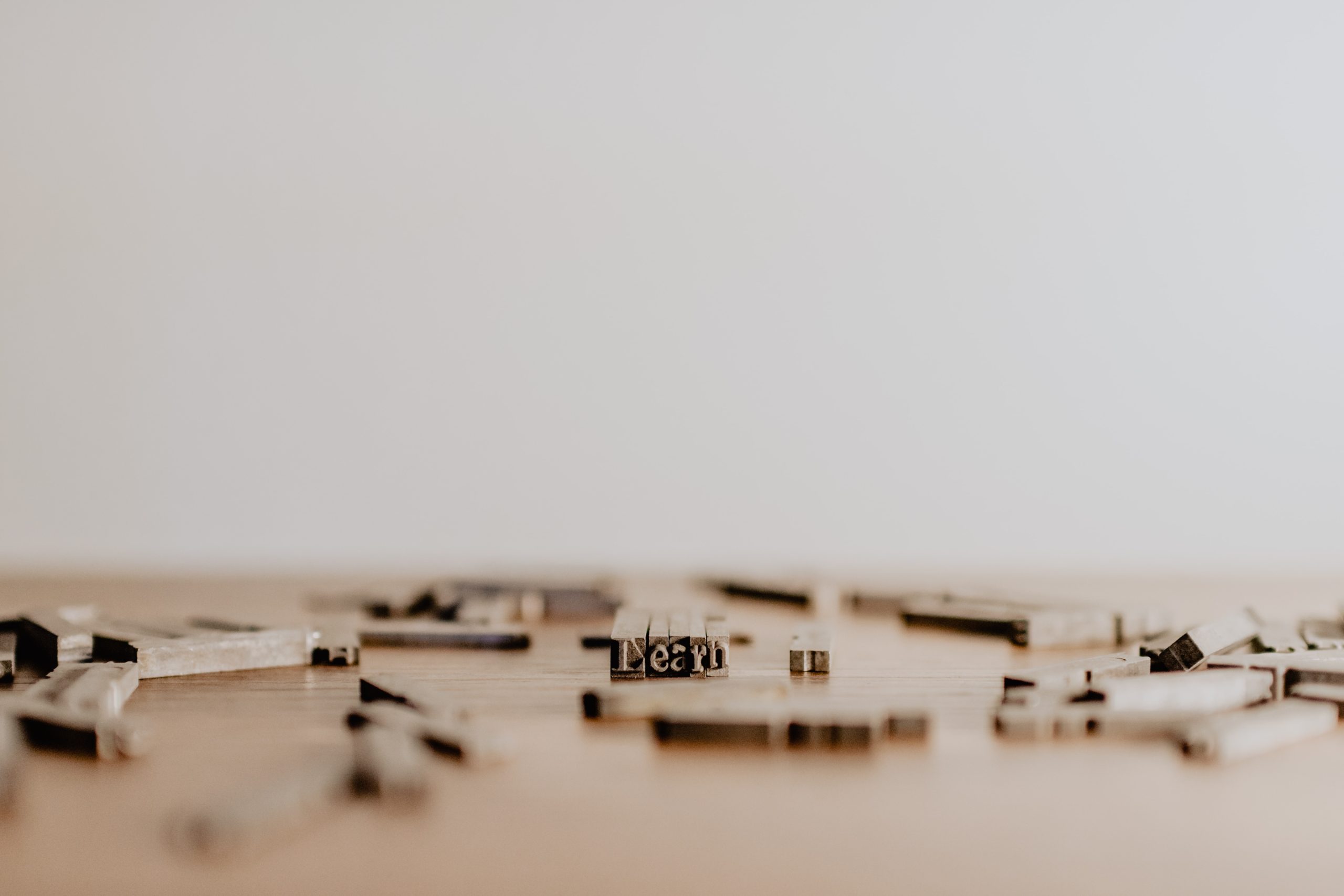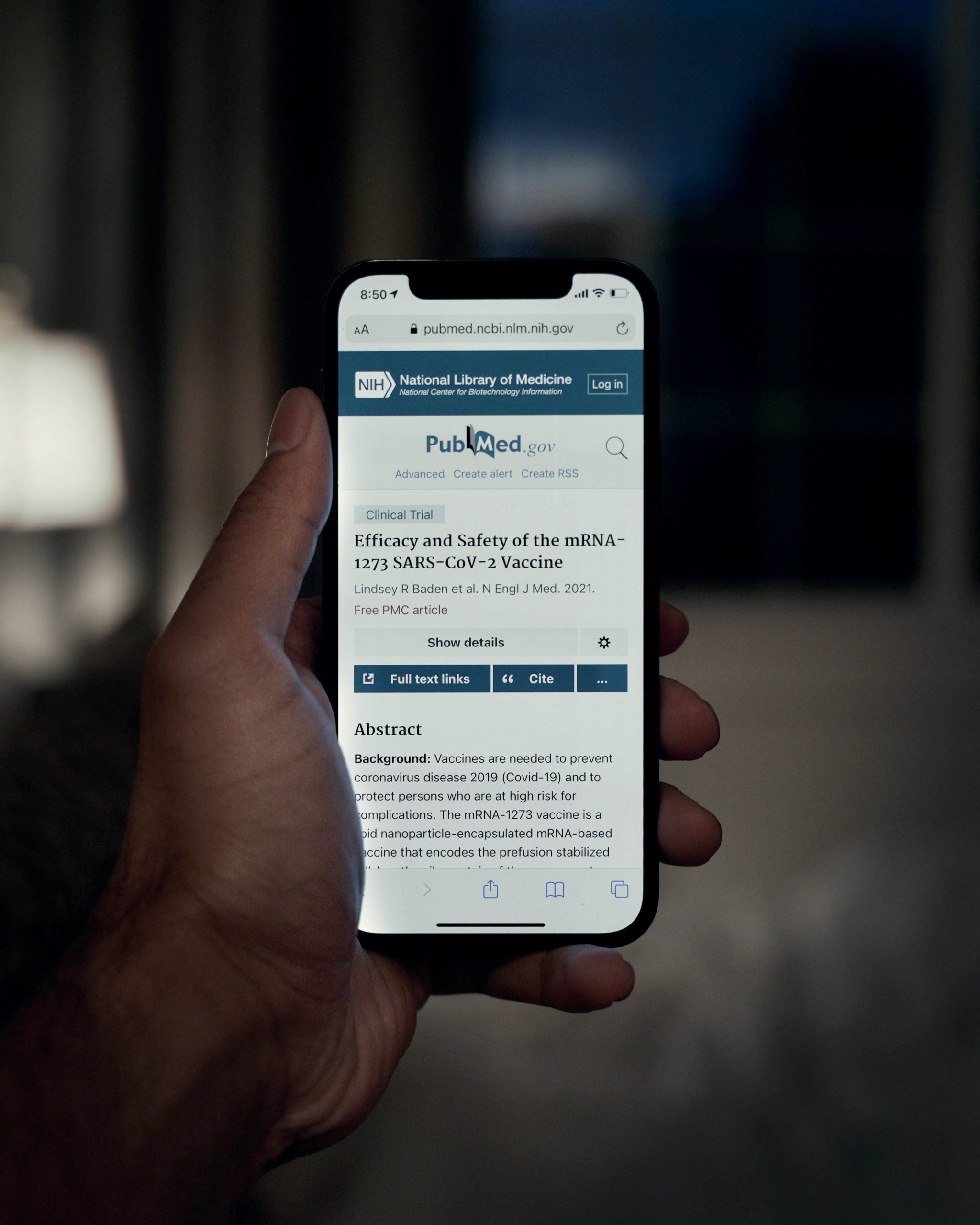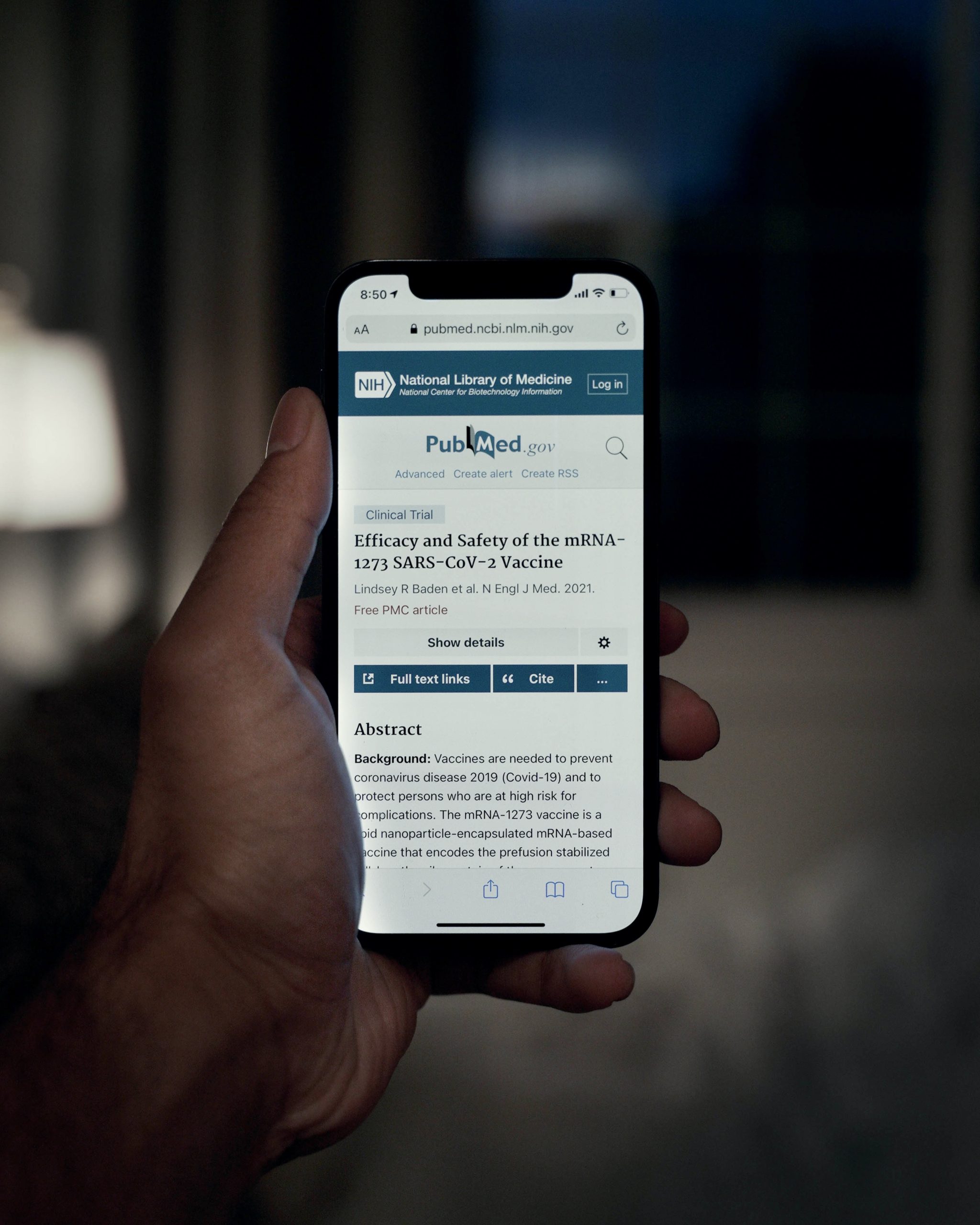If you’re looking to up your interviewing game and take your remote interviews to the next level, then learning how to record high-quality interviews is a must. With an array of top-notch equipment and software options available, such as Shure, Rode, and Adobe Audition, you can achieve crystal-clear audio and professional-grade recordings. In this article, we’ll explore the top three reasons why improving your remote interview recording skills is essential. From creating a polished and engaging listening experience for your audience to enhancing the credibility of your content, learning how to record high-quality remote interviews will undoubtedly elevate your interviewing prowess.
The Increasing Importance of Remote Interviews
In today’s digital age, the way we conduct interviews has undergone a significant shift. Gone are the days of traditional face-to-face interviews, as more and more organizations are turning to remote interviews. This article aims to explore the reasons behind this shift, highlighting the importance of professional, high-quality remote interviews.

Reason 1: Enhanced Professionalism and Reputation
One of the key reasons why remote interviews have become increasingly important is their ability to enhance professionalism and reputation. When conducting remote interviews, the quality of the interviews plays a critical role in building a lasting first impression. High-quality interviews convey a sense of professionalism, establishing credibility and trust with the audience.
The association between the quality of interviews and professionalism is undeniable. A well-executed remote interview demonstrates meticulous attention to detail, showcasing your commitment to excellence. By investing in the right equipment and ensuring high audio and video quality, you can enhance your professional image and create a positive perception of your brand or organization.
Furthermore, higher-quality interviews contribute to a better reputation. In the digital world, where information spreads rapidly, having high-quality remote interviews can significantly impact how your organization is perceived. A professional and polished interview reflects positively on your brand, leading to increased trust and credibility among your audience.
Reason 2: Superior Sound Quality Achieves Better Engagement
One often overlooked aspect of remote interviews is sound quality. However, it is crucial to understand that sound quality matters and can greatly impact audience engagement. When conducting interviews remotely, ensuring high-quality audio is of paramount importance.
The impact of high-quality audio on audience engagement cannot be understated. When the sound is clear, accurate, and of a professional standard, it enhances the overall listening experience for your audience. Crisp and clear audio helps convey information effectively, ensuring there are no miscommunications or misunderstandings.
By investing in the right audio equipment, such as a quality microphone, you can achieve superior sound quality in your remote interviews. This, in turn, leads to better engagement with your audience, as they can fully immerse themselves in the conversation without any distractions or difficulties caused by poor audio.
Reason 3: Technological Proficiency and Versatility
The shift towards remote interviews brings with it the need for technological proficiency and versatility. Learning how to record high-quality remote interviews is not only important for the present but also for the future, as interview formats continue to evolve in the digital age.
By mastering the art of recording high-quality remote interviews, you increase your technological expertise. This proficiency is invaluable in a world where technology plays a pivotal role in communication and interaction. Being adept at recording remote interviews showcases your willingness to adapt and evolve with the changing times.
Moreover, versatility is a key advantage of learning how to record high-quality remote interviews. With the ability to conduct interviews remotely, you open up a world of possibilities and opportunities. Remote interviews allow you to connect with individuals from all over the globe, breaking down geographical barriers and expanding your reach.
Staying up-to-date with evolving interview formats is essential in today’s fast-paced world. By continuously honing your skills in recording high-quality remote interviews, you can ensure that you are well-prepared for any changes or advancements in the field, staying ahead of the curve.
Microphone Choices for High-Quality Sound
When it comes to recording high-quality remote interviews, selecting the right microphone is crucial. The market offers several options, such as Shure, Rode, and Blue Yeti Microphones, each with its own unique features and capabilities.
Shure microphones, known for their exceptional audio quality, are a popular choice among professionals. Their range of dynamic and condenser microphones ensures clear and balanced sound reproduction, making them ideal for remote interviews.
Rode microphones are another reputable brand widely used for recording high-quality audio. Their versatile options cater to various needs, from handheld microphones to shotgun microphones, enabling precise and clear sound capture.
Blue Yeti Microphones have also gained popularity among content creators and interviewers. Their USB microphones offer excellent sound quality and ease of use, making them a great choice for recording remote interviews.
Choosing the right microphone for your needs is crucial to ensure optimal sound quality in your remote interviews. Consider factors such as the type of microphone, its pickup pattern, and connectivity options to make an informed decision.

Choosing the Right Software for Recording and Editing
In addition to selecting the right microphone, choosing the appropriate software for recording and editing your remote interviews is equally important. Two popular options worth exploring are Adobe Audition Podcasting Software and Audacity Audio Editor and Recorder.
Adobe Audition Podcasting Software offers a comprehensive suite of tools for recording, editing, and mixing audio. With its intuitive interface and powerful features, it allows for precise control over your audio recordings, ensuring high-quality results.
On the other hand, Audacity Audio Editor and Recorder is a free, open-source software widely used for recording and editing audio. It is beginner-friendly, making it a popular choice for those who are new to audio editing. Despite being free, Audacity offers a multitude of features, including noise removal, equalization, and audio effects.
The choice of software ultimately depends on your individual requirements and level of expertise. Exploring different software options and understanding their capabilities will help you select the most suitable one for your remote interview recording and editing needs.
The Role of Mixers in High-Quality Interviews
Mixers play a significant role in achieving high-quality sound in remote interviews. The Behringer Xenyx X1204USB Premium 12-Input Mixer, for example, offers advanced control over audio signals and provides options for fine-tuning sound quality.
A mixer allows you to adjust levels, balance different audio sources, and apply effects in real-time. By utilizing a mixer, you can optimize the sound quality of your remote interviews, ensuring that every word is captured with clarity and precision.
Understanding how mixers improve sound quality is crucial for recording professional remote interviews. With their ability to enhance audio signals and balance sound sources, mixers are a valuable tool in your quest for high-quality audio.
Selecting Appropriate Headphones
Choosing the right headphones is another essential aspect of recording high-quality remote interviews. AKG K240 Studio Semi-Open Over-Ear Professional Studio Headphones are highly regarded for their accurate sound reproduction, making them an excellent choice for monitoring and editing recordings.
Sennheiser and Yamaha also offer a range of headphones that are widely used in the audio industry. Sennheiser headphones deliver exceptional audio quality and are known for their durability, while Yamaha headphones prioritize comfort and user experience.
Investing in a quality pair of headphones is crucial as they allow you to hear the subtle details in your audio recordings. With accurate sound reproduction, you can make precise adjustments and ensure the overall quality of your remote interviews.
Studio Monitors and Microphone Isolation Shields
Studio monitors and microphone isolation shields are additional tools that can contribute to optimizing sound quality in remote interviews. The KRK ROKIT 5 G4 Studio Monitor, for example, provides accurate and balanced audio representation, allowing you to fine-tune your recordings precisely.
Microphone isolation shields, such as the Neewer Professional Studio Recording Microphone Isolation Shield, effectively reduce unwanted background noise and reflections. They ensure that your voice comes through clearly, enhancing the overall sound quality of your remote interviews.
These extra accessories, when utilized correctly, can elevate the sound quality of your remote interview recordings, ensuring the utmost clarity and professionalism.
Optimizing Sound Quality with Extra Accessories
To further enhance the sound quality of your remote interviews, considering additional accessories is worth exploring. Options such as PreSonus, Elgato, and Cloud Microphones offer features and functionalities that can elevate your recordings.
PreSonus offers a range of audio interfaces, mixers, and studio monitors, allowing for a comprehensive audio setup. Elgato provides solutions for recording and streaming, enabling seamless and professional remote interviews. Cloud Microphones offer innovative microphone technology, delivering exceptional sound quality for your recordings.
By utilizing these extra accessories, you can take your remote interview recordings to the next level, ensuring the best possible sound quality.
In conclusion, the increasing importance of remote interviews cannot be overstated. From enhanced professionalism and reputation to superior sound quality and technological versatility, remote interviews offer numerous benefits. By investing in high-quality equipment, selecting the right software, and understanding the role of accessories, you can record remote interviews that are professional, engaging, and of the highest audio quality. Embrace the shift towards remote interviews and make the most out of this valuable opportunity to connect with others in a digital world.

